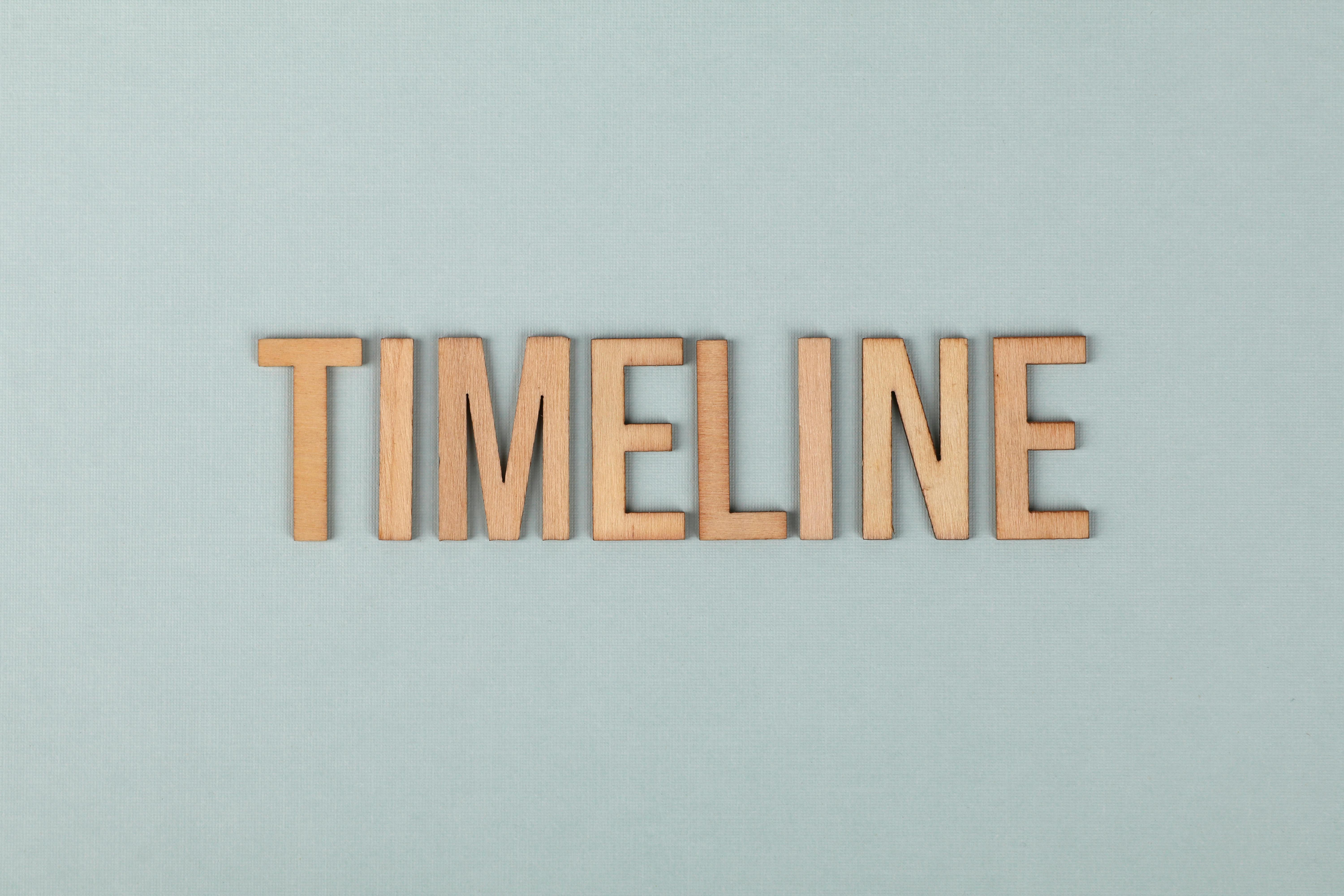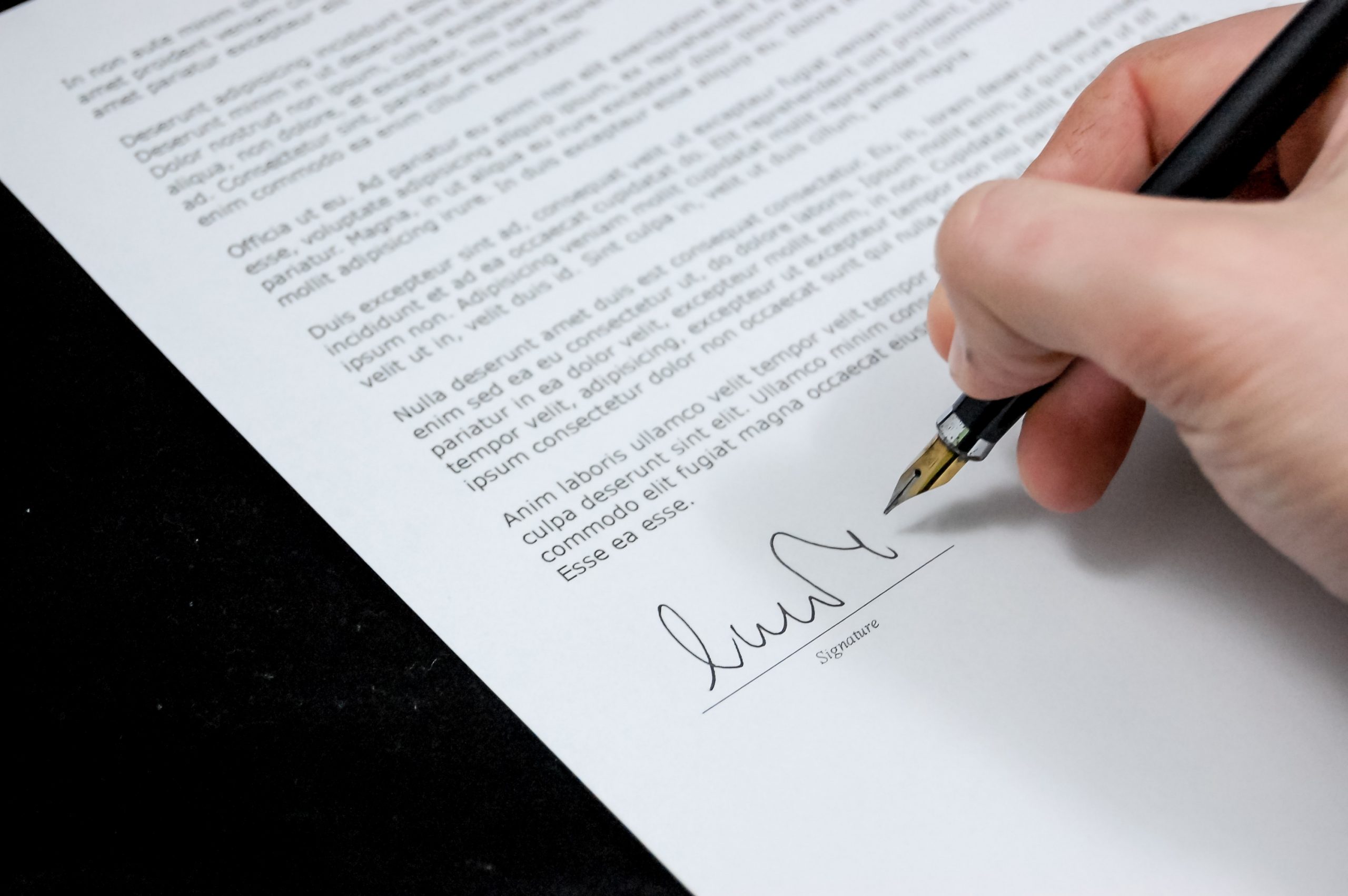Are you curious about how much lawyers in Utah typically receive for car accident cases? Look no further, as we have all the information you need right here. This article will give you a comprehensive understanding of the compensation lawyers can expect for their services in handling car accident claims in Utah. By the end of this article, you’ll have a clear picture of the potential costs involved and be well-informed on why hiring a skilled lawyer is crucial. So read on to learn more about how lawyers in Utah are compensated for car accident cases.
Factors that Determine Lawyers’ Fees for Car Accidents in Utah
Getting into a car accident can be a stressful and overwhelming experience, and dealing with the legal aspects of it can further add to the burden. When it comes to seeking legal representation for a car accident case in Utah, one of the most common concerns is the cost associated with hiring a lawyer. Understanding the factors that determine lawyers’ fees can help you navigate through this process and make an informed decision. Here are the key factors that influence the fees charged by lawyers for car accidents in Utah.
Type of Fee Arrangement
Lawyers use different fee arrangements when it comes to car accident cases. Understanding these fee arrangements can help you understand how lawyers’ fees are determined. The most common types of fee arrangements for car accident cases in Utah are:
- Hourly Rates
- Contingency Fees
- Retainer Fees
- Fixed Fees
- Percentage of Settlement
Let’s dive into each of these fee arrangements to get a better understanding of how they work.
Hourly Rates
When lawyers charge their services based on an hourly rate, clients are billed for the number of hours the lawyer spends on their case. The hourly rate varies depending on various factors such as the lawyer’s experience, reputation, and the complexity of the case.
Contingency Fees
Contingency fees are another common fee arrangement used by lawyers in car accident cases. With this arrangement, the lawyer agrees to represent the client without charging any upfront fees. Instead, the lawyer’s fee is contingent upon the client receiving a favorable settlement or judgment. Typically, the lawyer will take a percentage of the settlement as their fee.
Retainer Fees
Retainer fees involve an upfront payment made by the client to secure the services of the lawyer. This fee is usually deposited into a trust account and is used as work progresses on the case. The lawyer will deduct their fees from the retainer as the case progresses. Retainer fees may be refundable or non-refundable depending on the terms agreed upon.
Fixed Fees
Fixed fees are a predetermined amount that the lawyer charges for specific legal services related to a car accident case. These fees are usually determined in advance and are not dependent on the outcome of the case. Fixed fees can provide transparency and allow clients to budget for legal expenses.
Percentage of Settlement
In some cases, lawyers may agree to take a percentage of the settlement instead of charging an hourly or fixed fee. This arrangement is common in personal injury cases, including car accident cases. The percentage of the settlement that the lawyer takes can vary, and it is important to negotiate this percentage before entering into an agreement.
Experience and Reputation
The experience and reputation of a lawyer can significantly impact their fees. Lawyers with a proven track record and extensive experience in handling car accident cases may charge higher fees due to their expertise. While it may be tempting to choose a lawyer solely based on their fees, it is important to consider their track record and success rate as well.
Complexity of the Case
The complexity of a car accident case can also influence the fees charged by lawyers. Cases that involve multiple parties, extensive medical records, and complex legal issues may require more time and effort from the lawyer. As a result, the fees charged for handling such cases may be higher compared to simpler cases.
Time and Effort
The amount of time and effort a lawyer invests in a car accident case will also affect the fees. Lawyers may need to conduct investigations, gather evidence, interview witnesses, negotiate with insurance companies, and represent their clients in court. All these activities require time and expertise, which contribute to the overall fees charged by the lawyer.
Additional Costs
Apart from the lawyer’s fees, there may be additional costs associated with a car accident case. These costs can include court filing fees, administrative expenses, and travel expenses incurred by the lawyer. It is important to discuss these additional costs with your lawyer and ensure that they are included in any fee agreement.
Types of Fee Arrangements
Now that we have explored the factors that determine lawyers’ fees in car accident cases, let’s take a closer look at the different types of fee arrangements commonly used by lawyers in Utah.
Hourly Rates
Under the hourly rate fee arrangement, lawyers charge clients based on the number of hours they spend working on the case. This can include time spent on legal research, drafting documents, attending meetings, and representing clients in court. The hourly rate varies depending on the lawyer’s experience, reputation, and the complexity of the case.
Contingency Fees
Contingency fees are a popular choice for car accident cases, especially for clients who may not be able to afford the upfront costs of legal representation. With a contingency fee arrangement, the lawyer agrees to represent the client without charging any fees upfront. Instead, the lawyer’s fee is contingent upon the client receiving a favorable settlement or judgment. If the client does not recover any compensation, the lawyer does not receive a fee.
Retainer Fees
Retainer fees involve an upfront payment made by the client to secure the services of the lawyer. This fee is usually deposited into a trust account and is used as work progresses on the case. The lawyer will deduct their fees from the retainer as the case progresses. Retainer fees can be refundable or non-refundable, depending on the terms agreed upon.
Fixed Fees
Fixed fees are a predetermined amount that the lawyer charges for specific legal services related to a car accident case. These fees are typically determined in advance and are not dependent on the outcome of the case. Fixed fees can provide transparency and allow clients to budget for legal expenses without worrying about hourly rates or unexpected costs.

Hourly Rates
Hourly rates are one of the most common fee arrangements used by lawyers for car accident cases in Utah. Understanding how hourly rates work can help you gauge the costs associated with hiring a lawyer and make an informed decision.
How Hourly Rates Work
Under the hourly rate fee arrangement, the lawyer charges the client a set amount for each hour of work on the case. This includes time spent on legal research, drafting legal documents, communicating with the client, attending meetings, negotiating with insurance companies, and representing the client in court, if necessary. The lawyer will keep track of the time spent on the case and bill the client accordingly.
Average Hourly Rates in Utah
The average hourly rate charged by lawyers in Utah can vary depending on several factors. These factors include the lawyer’s experience, reputation, geographical location, and the complexity of the case. On average, hourly rates for car accident cases in Utah range from $200 to $500 per hour. However, it is important to note that rates can be higher or lower depending on the specific circumstances of the case and the lawyer’s individual pricing structure.
Factors Affecting Hourly Rates
Several factors can impact the hourly rates charged by lawyers for car accident cases in Utah. These factors include:
- Experience and Reputation: Lawyers with more experience and a proven track record may charge higher hourly rates. Their expertise and knowledge in handling car accident cases can be reflected in their fees.
- Complexity of the Case: Cases that involve multiple parties, complex legal issues, or extensive evidence may require more time and effort from the lawyer. As a result, the hourly rates may be higher for such cases.
- Overhead Costs: Lawyers have overhead costs such as office rent, salaries for staff, and other operating expenses. These costs can also be a contributing factor to the hourly rates charged by lawyers.
Understanding the factors that affect hourly rates can help you have a clearer picture of the costs involved in hiring a lawyer for your car accident case in Utah.
Contingency Fees
Contingency fees are a popular fee arrangement for car accident cases in Utah. This fee structure can provide an opportunity for individuals who may not have the financial means to pay for legal services upfront.
How Contingency Fees Work
Under a contingency fee arrangement, the lawyer agrees to represent the client without charging any fees upfront. Instead, the lawyer’s fee is contingent upon the client receiving a favorable settlement or judgment. If the case is successful and the client receives compensation, the lawyer will be entitled to a percentage of the settlement as their fee. However, if the client does not recover any compensation, the lawyer does not receive a fee.
Contingency fees can provide peace of mind for clients who are concerned about the financial burden of legal fees. This arrangement enables individuals to seek legal representation without worrying about paying upfront. Instead, the lawyer’s fee is tied directly to the outcome of the case.
Limits on Contingency Fees
In Utah, there are limits on the percentage of the settlement that lawyers can charge as contingency fees in personal injury cases. According to state law, lawyers cannot charge more than 33 ⅓% of the total recovery as a contingency fee. This limit ensures that clients receive a fair portion of the settlement or judgment.
However, it’s important to note that additional costs, such as court filing fees and other expenses, may be deducted from the settlement in addition to the contingency fee. Clients should discuss these costs with their lawyer to ensure transparency and a clear understanding of the potential fees.
Advantages and Disadvantages of Contingency Fees
Contingency fees offer several advantages for clients involved in car accident cases. These advantages include:
- No upfront costs: Clients do not have to worry about paying any fees upfront, which can provide financial relief during a challenging time.
- Incentive for lawyers: Lawyers working on a contingency fee basis have a personal stake in the outcome of the case. This can provide additional motivation and dedication to achieve a favorable outcome.
- Access to justice: Contingency fees make legal representation more accessible to individuals who may not have the means to pay hourly rates.
However, it’s important to consider the potential disadvantages of contingency fees as well. These include:
- Higher percentage of the settlement: Compared to hourly rates or fixed fees, contingency fees can result in a higher overall fee if the settlement or judgment is significant.
- Limited control over legal fees: With a contingency fee arrangement, clients have less control over the amount they will ultimately pay for legal representation since it is tied to the outcome of the case.
Ultimately, it is crucial to discuss your options and preferences with a lawyer to determine the most suitable fee arrangement for your car accident case in Utah.

Retainer Fees
Retainer fees are a common fee arrangement in the legal industry, including car accident cases. Understanding how retainer fees work can help you make an informed decision when hiring a lawyer.
How Retainer Fees Work
Retainer fees involve an upfront payment made by the client to secure the services of the lawyer. This payment is typically deposited into a trust account set up by the lawyer. Throughout the progression of the case, the lawyer will bill against the retainer, deducting their fees as the work is completed.
Refundable and Non-refundable Retainer Fees
Retainer fees can be categorized as either refundable or non-refundable, depending on the terms agreed upon between the lawyer and the client.
Refundable retainer fees are generally refundable if there are unused funds at the conclusion of the case. For example, if the retainer fee was $5,000 and the lawyer’s total billable hours amounted to $4,000, the remaining $1,000 would be refunded to the client.
On the other hand, non-refundable retainer fees are not refundable regardless of whether all the funds have been utilized. These fees are typically used to compensate the lawyer for their availability and commitment to the case.
It’s important to clarify the terms of the retainer fee with your lawyer before entering into any agreement. Understanding whether the fee is refundable or non-refundable can help you effectively manage your expectations and finances.
Applying Retainer Fees to Hourly Rates or Flat Fees
In some cases, lawyers may apply the retainer fee to their hourly rates or flat fees. This means that the client’s retainer will be used to pay for the services provided by the lawyer. As the lawyer works on the case, they will bill the client according to their agreed-upon hourly rate or flat fee, deducting the amount from the retainer.
The application of the retainer fee to hourly rates or flat fees can provide more transparency in terms of costs and billing. It allows clients to have a clear understanding of how their retainer funds are being used and whether further payments will be required to cover the total fees.
Fixed Fees
Fixed fees are a pre-determined amount that lawyers charge for specific legal services related to a car accident case. This fee structure provides clients with certainty about the total costs associated with their legal representation.
Understanding Fixed Fees
Fixed fees are set amounts that cover a specific legal service or a bundle of services related to a car accident case. These fees are typically determined in advance and agreed upon by both the lawyer and the client. The advantage of fixed fees is that clients know the exact amount they will be paying for the specified services, which can help with budgeting and financial planning.
Services Covered by Fixed Fees
Depending on the lawyer and the circumstances of the case, fixed fees can cover a variety of legal services related to a car accident case. These services may include:
- Initial consultation and case evaluation
- Assistance with filing insurance claims
- Negotiating with insurance companies
- Document preparation, such as demand letters and settlement agreements
- Court representation, if necessary
- Post-settlement services, such as disbursing funds and resolving liens
It’s important to discuss the specific services covered by the fixed fee with your lawyer to ensure a clear understanding of what is included.
Determining the Amount of Fixed Fees
The amount of the fixed fee is typically determined by the lawyer based on factors such as their experience, the complexity of the case, and the estimated time and effort required to handle the matter. Lawyers may consider the specific details of the case and any additional services that may be needed beyond the standard legal representation.
When determining the amount of the fixed fee, it’s important for the lawyer to have a thorough understanding of the client’s needs and the specific services required. This can help ensure that the fixed fee accurately reflects the value provided by the lawyer.
Percentage of Settlement
In car accident cases, lawyers may agree to take a percentage of the settlement as their fee rather than charging hourly rates, retainer fees, or fixed fees. Understanding how the percentage of settlement fee arrangement works can help you navigate the fee structure in Utah.
How Percentage of Settlement Works
Under a percentage of settlement fee arrangement, the lawyer’s fee is calculated as a percentage of the final settlement or judgment amount. This percentage is agreed upon between the lawyer and the client before entering into a formal agreement. If the case is successful and the client receives compensation, the lawyer will be entitled to the agreed-upon percentage. However, if the client does not recover any compensation, the lawyer does not receive a fee.
Typical Percentage Range in Utah
The typical percentage of settlement for car accident cases in Utah can range from 30% to 40%, although this can vary depending on the specific circumstances of the case and the agreement reached between the lawyer and the client. It is important to negotiate the percentage of settlement with your lawyer to ensure a fair and reasonable fee agreement.
Negotiating Percentage of Settlement
Clients have the opportunity to negotiate the percentage of settlement with their lawyer. Factors that may influence the negotiation include the complexity of the case, the potential amount of the settlement, the lawyer’s experience, and the level of involvement required from the lawyer. It is important to have open and transparent communication with your lawyer to reach an agreement that is mutually beneficial.
Negotiating the percentage of settlement can help ensure that you are receiving a fair share of the compensation while still compensating the lawyer for their services. It is advisable to consult with multiple lawyers and compare their proposed percentages before making a decision.
Factors Affecting Lawyers’ Fees
In addition to the type of fee arrangement, several factors can influence the fees charged by lawyers for car accident cases in Utah.
Experience and Reputation
The experience and reputation of a lawyer can have a significant impact on their fees. Lawyers with extensive experience in handling car accident cases, especially those with a proven track record of success, may charge higher fees due to the value of their expertise. A lawyer’s reputation, referrals, and client reviews can also contribute to the determination of their fees.
While it may be tempting to choose a lawyer solely based on their fees, it is important to consider their experience and reputation as well. Hiring an experienced lawyer who is well-versed in car accident cases can potentially lead to better outcomes and higher compensation.
Complexity of the Case
The complexity of a car accident case can directly impact the fees charged by lawyers. Cases that involve multiple parties, complex legal issues, or extensive evidence may require more time and effort from the lawyer. As a result, the fees charged for handling such cases may be higher compared to simpler cases.
A complex case may involve investigating and gathering evidence, consulting with medical experts, analyzing accident reports, negotiating with insurance companies, and navigating through the legal process. The level of complexity can affect the amount of time and resources required from the lawyer, ultimately influencing their fees.
Time and Effort
The amount of time and effort a lawyer invests in a car accident case can contribute to the determination of their fees. Lawyers may need to devote significant hours to your case, conducting investigations, analyzing evidence, drafting legal documents, communicating with insurance companies, and representing you in negotiations or court proceedings.
Lawyers often bill their clients based on the time spent working on the case, typically using hourly rates. The more time and effort required for your case, the higher the fees are likely to be. It is important to have a clear understanding of the lawyer’s billing practices and communication regarding the time and effort included in their fees.
Medical Reports and Expert Witnesses
Obtaining medical reports and expert witness testimonials can be crucial in car accident cases, especially when it comes to assessing injuries, determining liability, and calculating damages. Including medical reports and expert witness testimonies in your case can significantly impact the fees charged by lawyers.
The costs associated with obtaining medical reports and expert testimony can vary depending on the complexity of the case and the specific experts involved. These costs are typically passed on to the client and may be included in the overall fees charged by the lawyer. It is important to discuss these potential costs and their implications with your lawyer to have a clear understanding of all the expected expenses.

Additional Costs
In addition to lawyers’ fees, there may be additional costs associated with hiring a lawyer for a car accident case in Utah. It is important to be aware of these costs and factor them into your budget. Here are some common additional costs that you may encounter:
Court Filing Fees
When filing a car accident lawsuit, there are typically court filing fees that need to be paid. These fees can vary depending on the court and the specific documents filed. It is important to discuss these fees with your lawyer and ensure that they are included in any fee agreement.
Administrative Expenses
Alongside legal fees, administrative expenses may be incurred throughout the course of your case. These expenses can include costs associated with photocopying documents, postage, courier services, and other administrative tasks. It is advisable to discuss the expected administrative expenses with your lawyer and have them clearly outlined in your fee agreement.
Travel Expenses
If your car accident case requires travel, such as attending court hearings in different locations, it’s important to consider the potential travel expenses. Travel expenses may include transportation, accommodation, and meal costs for both you and your lawyer. These costs are typically the responsibility of the client, so be sure to discuss them with your lawyer and budget accordingly.
It is crucial to have open communication with your lawyer regarding additional costs and clarify how they will be handled. This will help you manage your expectations and avoid any surprises when it comes to billing.
Frequently Asked Questions
-
How are lawyers’ fees for car accidents in Utah determined?
- Lawyers’ fees for car accidents in Utah are determined based on factors such as the type of fee arrangement, the lawyer’s experience and reputation, the complexity of the case, and the time and effort required. Additional costs such as court filing fees and travel expenses may also be included.
-
Do I have to pay upfront for legal services related to a car accident in Utah?
- The fee arrangements for car accident cases in Utah vary. While some lawyers charge upfront retainer fees or fixed fees, others work on a contingency fee basis, meaning there are no upfront costs and the lawyer’s fee is contingent upon a favorable settlement or judgment.
-
What percentage of my settlement will the lawyer take in Utah?
- The percentage of the settlement that the lawyer takes in Utah can vary depending on the agreement reached between the lawyer and the client. Typically, it ranges from 30% to 40%. It’s important to negotiate the percentage of settlement and discuss the terms with your lawyer.
-
Can I negotiate the lawyer’s fees for a car accident case in Utah?
- Yes, clients have the opportunity to negotiate the lawyer’s fees for a car accident case in Utah. Factors that may influence the negotiation include the complexity of the case, the potential amount of the settlement, the lawyer’s experience, and the level of involvement required from the lawyer.
-
What additional costs should I expect when hiring a lawyer for a car accident case in Utah?
- In addition to lawyers’ fees, additional costs may include court filing fees, administrative expenses, and travel expenses. These costs should be discussed with your lawyer and clearly outlined in the fee agreement.























